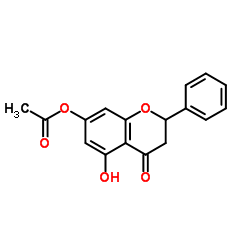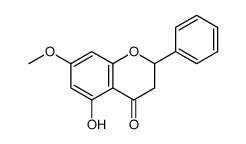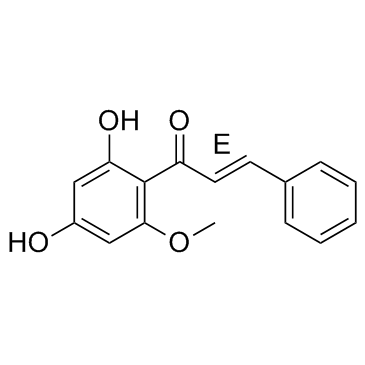480-39-7
| Name | pinocembrin |
|---|---|
| Synonyms |
Galangin flavanone
(2S)-5,7-Dihydroxy-2-phenyl-2,3-dihydro-4H-chromen-4-one Pinocembrin (2S)-pinocembrin Dihydrochrysin (2S)-5,7-dihydroxy-2-phenyl-2,3-dihydrochromen-4-one 5,7-Dihydroxyflavanone 4H-1-Benzopyran-4-one, 2,3-dihydro-5,7-dihydroxy-2-phenyl-, (2S)- (2S)-5,7-dihydroxy-2-phenylchroman-4-one 4H-1-Benzopyran-4-one, 2,3-dihydro-5,7-dihydroxy-2-phenyl-, (S)-(-)- |
| Description | Pinocembrin ((+)-Pinocoembrin) is a flavonoid found in propolis, acts as a competitive inhibitor of histidine decarboxylase, and is an effective anti-allergic agent, with antioxidant, antimicrobial and anti-inflammatory properties[1]. |
|---|---|
| Related Catalog | |
| In Vitro | Pinocembrin (5, 10, 25, 50, 100 or 200 µM, 24 hours) significantly reduces cell viability of RBL-2H3 cells[1]. Pinocembrin (25 or 50 µM) suppresses iNOS, PGE-2 and COX-2 levels, increases p38-Mapk and IкB-α, and inhibits phosphorylation of IкB-α[1]. Cell Viability Assay[1] Cell Line: RBL-2H3 cells Concentration: 5, 10, 25, 50, 100 or 200 µM Incubation Time: 24 hours Result: Decreased cell viability by ∼50% at ≥ 100 µM. Showed 75% cell viability at lower concentrations. |
| References |
| Density | 1.4±0.1 g/cm3 |
|---|---|
| Boiling Point | 511.1±50.0 °C at 760 mmHg |
| Molecular Formula | C15H12O4 |
| Molecular Weight | 256.25 |
| Flash Point | 199.3±23.6 °C |
| Exact Mass | 256.073547 |
| PSA | 66.76000 |
| LogP | 3.93 |
| Vapour Pressure | 0.0±1.4 mmHg at 25°C |
| Index of Refraction | 1.662 |
CHEMICAL IDENTIFICATION
HEALTH HAZARD DATAACUTE TOXICITY DATA
|
| Safety Phrases | 24/25 |
|---|
| Precursor 3 | |
|---|---|
| DownStream 4 | |


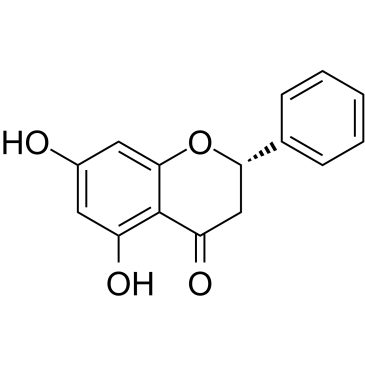
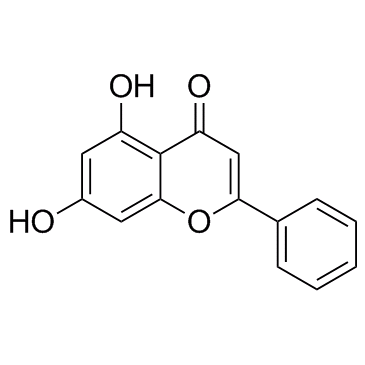
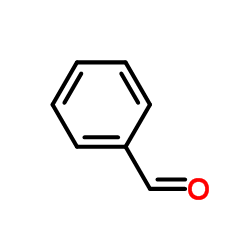
![1-[2-hydroxy-4,6-bis-(tetra-O-acetyl-β-D-glucopyranosyloxy)-phenyl]-ethanone structure](https://image.chemsrc.com/caspic/108/6157-13-7.png)
